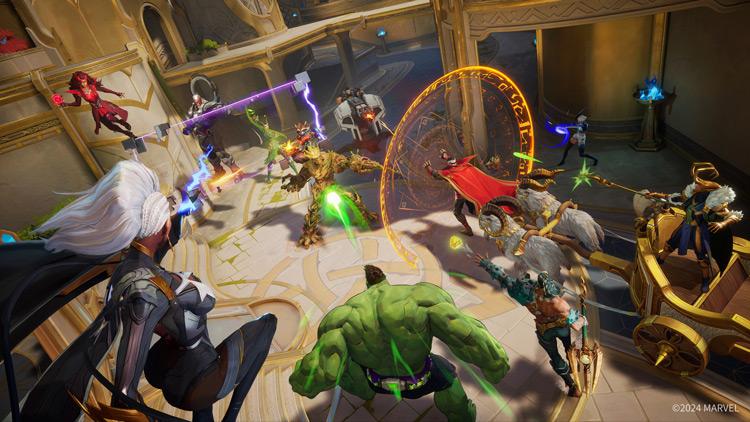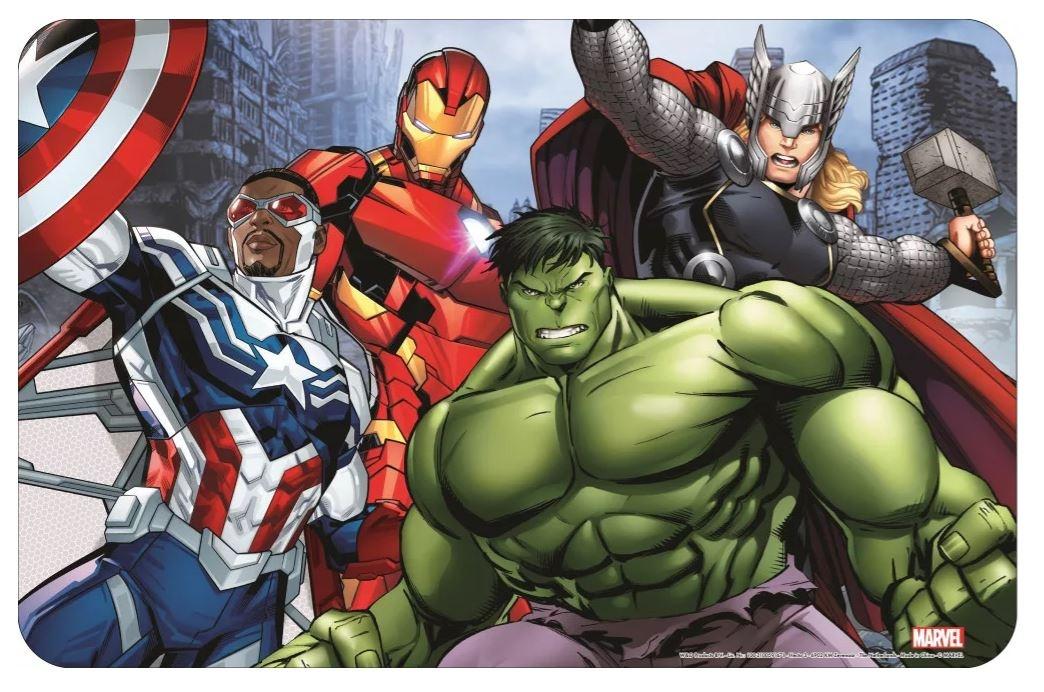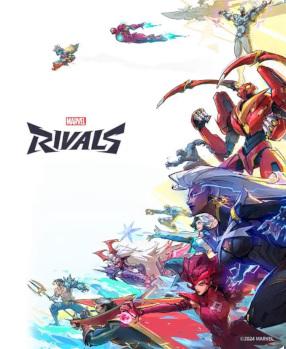Learning from Hero Design flaws in Overwatch for Smarter Character Development
Character design in games like Overwatch has often faced criticism for various aspects that can detract from overall player experience. While the focus on creating unique and diverse heroes is commendable, it has sometimes led to imbalances that can frustrate players. For example,power creep—the gradual increase in the effectiveness of new characters compared to older ones—has been a notable issue. This can result in veteran heroes feeling obsolete or underwhelming, which muddles the competitive spirit the game aims to foster. Furthermore,complexity in character abilities can alienate new players who may feel overwhelmed rather than empowered by their options. Recognizing these pitfalls is crucial for future game developers aiming to create well-rounded characters that maintain both their distinct flair and balanced gameplay.
Moreover, Overwatch’s approach to character backstories and lore could offer lessons in how to build emotional connections without sacrificing gameplay integrity. Some heroes boast rich narratives, yet others feel shoehorned into the universe, lacking depth or development. The key to memorable character creation lies in ensuring each design is not just aesthetically appealing but also integrated into the game’s universe. This means considering how their abilities reflect their backgrounds and personalities. Additionally, providing players with opportunities to unlock further lore—or to influence character arcs through their gameplay—can deepen engagement. Balancing these elements can lead to a more satisfying experience for both seasoned fans and newcomers, setting a new standard for character development in the gaming industry.

The Importance of Community Engagement: How Marvel Rivals Can Build Trust
Community engagement is crucial for building trust between developers and their fanbase, especially in competitive landscapes where loyalty can easily shift. Marvel rivals can learn valuable lessons from Overwatch’s previous missteps, particularly regarding communication and openness. When communities feel heard and valued, they are more inclined to invest emotionally in the product. This entails not only addressing player feedback but also keeping fans included in the developmental journey. As an example, regular updates about upcoming changes, character balances, and community-driven events can foster a deeper connection. Engaging with players through social media and forums can help identify issues before they escalate and demonstrate that the developers care about their audience’s experience.
Moreover, creating opportunities for players to contribute—whether through beta testing, fan art showcases, or competitive tournaments—can solidify a sense of belonging. Potential strategies include:
- Inclusive Events: Organize community events that allow players to engage directly with the game and each other.
- Feedback Loops: Implement structured avenues for suggestions and critiques, such as surveys and Q&As with the development team.
- Highlighting Contributions: Showcase player achievements and community highlights to reinforce their importance to the overall ecosystem.
These tactics can turn casual players into passionate advocates, ensuring that trust is not just built but actively maintained over time. By prioritizing community engagement, Marvel rivals can create a robust habitat that not only respects their players’ voices but enhances their overall experience.

Balancing Monetization and Player Experience: A Cautionary Tale from Overwatch
In the ever-evolving landscape of multiplayer gaming, the balance between monetization strategies and maintaining a positive player experience is a delicate one. Overwatch, once celebrated for its engaging gameplay and vibrant community, became a case study in how aggressive monetization can tarnish a game’s reputation. As Blizzard introduced various microtransactions, players found themselves frustrated by a perceived shift in focus, favoring profit over playability. This sparked important backlash,leading to a decline in player engagement,as many felt compelled to spend more for a satisfying experience. Key elements that contributed to this situation include:
- Lack of Transparency: Players were often left in the dark about how their money influenced gameplay or content availability.
- Overemphasis on Cosmetics: While cosmetic items can enhance a player’s experience, an emphasis on monetizing every aspect can feel exploitative.
- Fading Community Trust: As the game shifted toward a monetization-first approach, the community’s trust eroded, diminishing the once-loyal player base.
Marvel Rivals, as it looks to carve its niche, must heed these warnings. The lessons from Overwatch serve as a reminder that successful monetization does not preclude maintaining a rich player experience. A proactive approach could include:
- Engaging Players in Development: Involve the community in decision-making processes, ensuring their voices are heard when it comes to monetization.
- Value-Driven Offerings: Introduce monetization options that genuinely enhance gameplay rather than extract from players’ pockets without delivering value.
- Balancing Free and Premium Content: Ensure that free players can still enjoy the game, creating an inclusive environment that encourages all players to participate.

Adapting to Player Feedback: strategies for Continuous Improvement in Gameplay
In the fast-paced world of gaming, player feedback is a catalyst for growth and innovation. To effectively harness this feedback, developers should implement a systematic approach that allows them to not only gather insights but also to act upon them swiftly. One effective strategy is to establish regular feedback loops through community engagement platforms such as forums and social media. By prioritizing communication, developers can keep their finger on the pulse of player sentiments, ensuring that their game evolves in alignment with community expectations.Moreover,leveraging data analytics can definitely help identify patterns in player behavior,allowing for more targeted changes that resonate with the player base,rather than overwhelming them with an avalanche of unwarranted adjustments.
Another vital component of this adaptive strategy is the commitment to iterative development. Marvel Rivals can learn from Overwatch’s pitfalls by adopting a gradual approach to game updates. Rather of launching sweeping changes in a single update, developers could introduce smaller, incremental improvements, allowing players the time to acclimate and provide feedback on each adjustment. This not only enhances player satisfaction by avoiding drastic shifts in gameplay but also fosters a sense of community ownership and involvement. Additionally, post-update surveys can be invaluable; they create a channel for players to voice their opinions and experiences, offering developers actionable insights that can be swiftly incorporated into future patches.By embracing these tactics, Marvel Rivals can establish a continuous improvement cycle that keeps the game vibrant and aligned with player desires.
